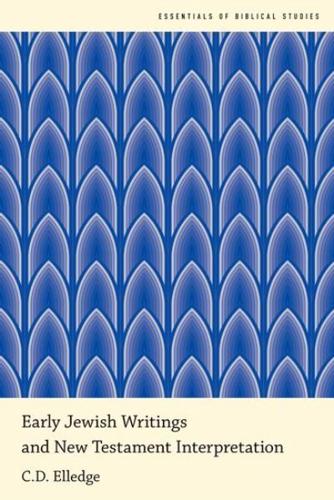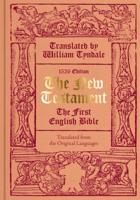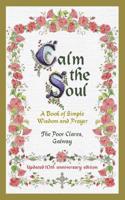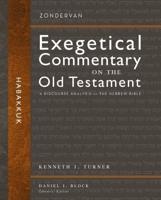Publisher's Synopsis
Early Jewish Writings and New Testament Interpretation is a concise, introductory volume to orient undergraduates, seminarians, and interested readers to some of the most important early Jewish writings that currently inform New Testament interpretation. While the literature of Early Judaism is vast, five specific literary categories stand at the forefront of modern New Testament research. These include wisdom writings, apocalypses, rewritten scriptural narratives, the Dead Sea Scrolls, and the writings of Philo and Josephus. Individual chapters explain their respective contributions toward interpreting the theological ideas, socio-historical settings, and literary features of specific New Testament writings. The volume further describes literary collections that the church would later classify as "apocrypha" and "pseudepigrapha," providing an historically nuanced perspective on what "scripture" might have looked like prior to the formation of the biblical canon. Interpreted within their ancient context, many of these writings offer insight into a religious environment in which Judaism and the nascent church were still emerging religions that had not yet gone their "separate" ways. The reader of the New Testament today can, therefore, understand the indebtedness of the New Testament literature to traditions found in contemporary Jewish works, while also appreciating the creative, new ways in which the church interpreted them.










